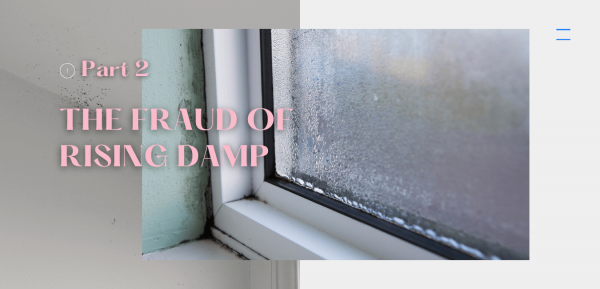Incidents like fire or flooding can cause severe damage to a rental property, making it uninhabitable for tenants. In this stressful situation, who is liable for covering the costs of finding alternative accommodation — landlords or tenants?
Essentially, this all depends on the provisions of the original tenancy agreement. Sometimes it is stated explicitly that a landlord will find alternate accommodation for tenants; mostly, it isn’t. Sometimes landlords have insurance in place for this specific purpose.
When Can Tenants Stay in a Hotel at a Landlord’s Expense?
Ultimately, a landlord’s legal obligation is to provide a property for their tenants that is habitable. In the eyes of the law, a habitable property is structurally sound and has adequate running water, heating, and electricity. If the property loses any of these qualities due to an accident that isn’t the tenant’s responsibility, the landlord may choose to pay for temporary accommodation. However, this is a choice and not a legal requirement.
The details of the landlord’s responsibilities are usually stipulated in the tenancy agreement. The provision most commonly seen in tenancy agreements is that the tenant will not have to pay rent while the property is uninhabitable and they can therefore use the rental money to pay for alternative accommodation.
If the original property is deemed uninhabitable due to damage, landlords can choose to continue charging rent in exchange for separate accommodation. This agreement is usually between the tenant and the landlord. However, the landlord is not obliged to do this. No UK law requires landlords to seek alternate accommodation for tenants ousted from their homes by a disaster — even if the landlord was at fault.
Who is Obliged to Find Alternate Accommodation?
Rather than the landlord, the local authority will find appropriate accommodation following a disaster, in line with the Housing Act 1996. The act prioritises those who face homelessness due to catastrophe and covers a variety of circumstances that are not limited solely to tenant and landlord agreements.
If you are facing homelessness due to inhospitable accommodation, you should contact your local council immediately. The council will assess your situation and discuss a plan to find appropriate housing until you can be situated appropriately once again. In this case, that will usually be once the repairs are complete.
Tenants have the legal right to remain in a property until bailiffs evict them. Ordinarily, it won’t need to come to this. Most tenants will find appropriate accommodation elsewhere long before this becomes necessary, especially if it is a simple repair.
Is There Any Instance Where a Landlord Would Have to Pay?
Indirectly, yes. While no law in the UK requires landlords to pay for alternate accommodation, the tenants may have grounds to sue under particular circumstances. The most common area where landlords face legal action from tenants is when they have received reports of needed repairs but have failed to act on them.
For example, suppose a tenant reports a leak they have discovered. The landlord, rather than investigating, ignores the problem, and then the pipe bursts, causing significant damage to the property. A tenant may choose to sue in these circumstances as the landlord had received a fair warning of the original issue.
However, if damage occurs and the landlord has not received due notice, with no other way of knowing about it, successful legal action is far less likely. If the tenant does sue, the resulting funds could cover alternate accommodation in theory, but the time it takes to complete the legal process makes this impractical.
Can a Tenant Stay While Repairs Take Place?
Yes. Tenants are not obliged to leave during the repair process, provided it’s feasible they can stay. The only time tenants would not be able to remain within the property is if repairs would be impossible due to their presence. In the instance of significant repair work, the landlord should:
- Inform tenants how long the repair work is estimated to take place
- Agree with the tenants when and where the bulk of the repair work will take place
- As much as possible, keep the disruption to daily life to a minimum.
If the tenants refuse to move from the property while essential repairs are due to take place, the landlord can apply for a court order to have them removed.
Source: Helix Law




Share this with
Email
Facebook
Messenger
Twitter
Pinterest
LinkedIn
Copy this link